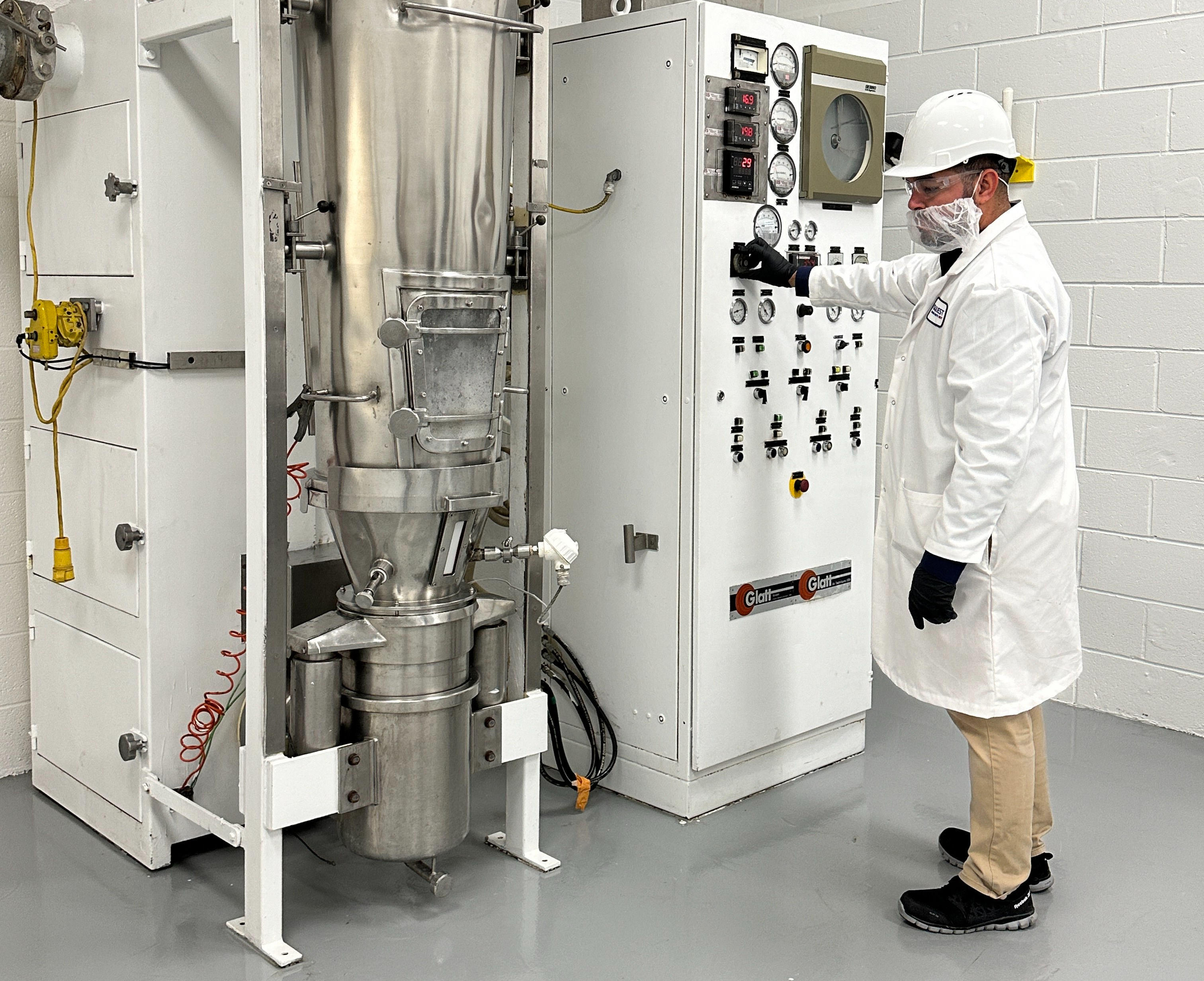
Organic Valley Will Have 100% Sustainable Energy By 2019

They collaborated with their local utilities and developer, OneEnergy Renewables, to form a community solar partnership that New Hope calls a “model to emulate.”
OneEnergy will break ground in November on 10 solar farms in Wisconsin, Minnesota, and Iowa, benefitting a combined rural population of around 25,000 people. According to Organic Valley's press release, one of the solar arrays will be the largest in Wisconsin, and the project as a whole will bump up solar power in Wisconsin by 33%. It will also benefit six communities within their portfolio.
Organic Valley will purchase the renewable energy credits from those farms for 25 years, and the utilities will sign power purchase agreements to buy the power during the same time frame.
Jonathan Reinbold, head of sustainability at Organic Valley, says that for the first two years they will see a “nominally” higher electricity cost, but by the third year they’ll be saving money. Not to mention, they’ve been budgeting for the extra costs for years, so that product pricing won’t be impacted.
Dr. Bronner’s is supporting the initiative. David Bronner, their cosmic engagement officer, says that while they’ve installed a solar array at their headquarters, it only covers half of their needs. They are committing to purchasing renewable energy credits from an Organic Valley/OneEnergy project that’s going to be built in Minnesota. This commitment will allow Dr. Bronner’s to meet their 100% renewable goal this year.
Reinbold says that anyone who wants to go renewable should start by understanding their needs: in other words, by tracking their electricity consumption over a year. The Sustainable Food Trade Association and Climate Collaborative initiative have resources to help, and Reinbold offered his own assistance: “We’re happy to share all of our learnings.”

The editorial team at WholeFoods Magazine has decades of experiences reporting on natural products industry news, trends, and more. This national, monthly business-to-business magazine has been published continuously for nearly 40 years (the magazine was founded in 1977, and has been owned by Wainer Finest Communications since 1984). It is the longest-tenured media outlet of its kind in the natural products industry. The editorial focus at WholeFoods Magazine is, and always has been, on informing and educating members of the natural products industry.
The Magazine
Information
About Us
NOTE: WholeFoods Magazine is a business-to-business publication. Information on this site should not be considered medical advice or a way to diagnose or treat any disease or illness. Always seek the advice of a medical professional before making lifestyle changes, including taking a dietary supplement. The opinions expressed by contributors and experts quoted in articles are not necessarily those of the publisher or editors of WholeFoods.







